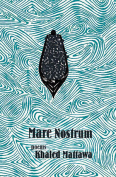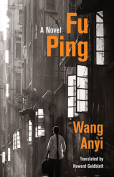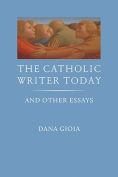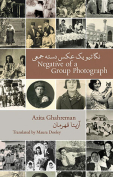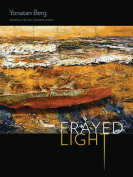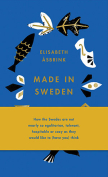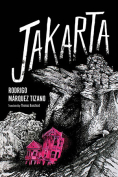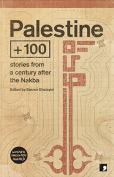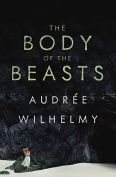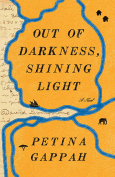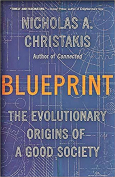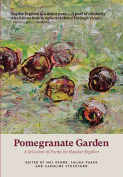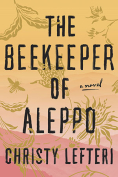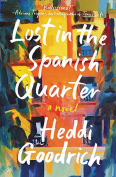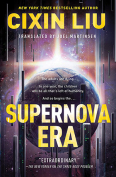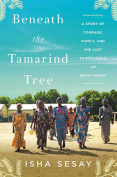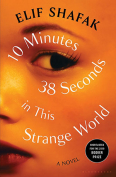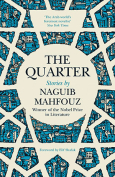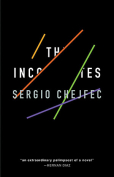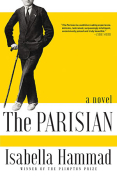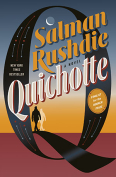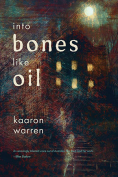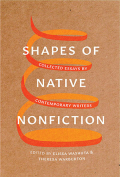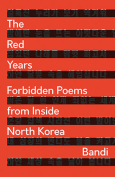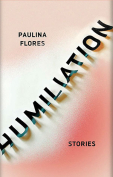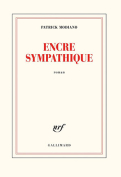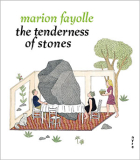Out of Darkness, Shining Light by Petina Gappah
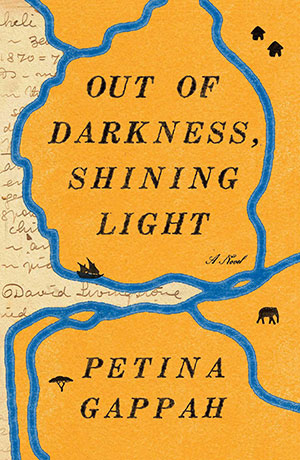 New York. Scribner. 2019. 320 pages.
New York. Scribner. 2019. 320 pages.
David Livingstone was a household name to late nineteenth-century Brits. His story was one of colonialist triumph, of British imperial masculinity’s simultaneous love and disdain for Africa. Zimbabwean author Petina Gappah’s new novel, however, takes a different approach to Livingstone, beginning not with presumption but with pity and duty: “This is how we carried out of Africa the poor broken body of Bwana Daudi.” In Gappah’s novel, Livingstone is not the great explorer but a dead body, a burden to the Africans and Arabs who traveled with him. He has become an inert figure whose final history has yet to be written by the colonial world but whose legacy is being actively shaped by the men and women with whom he spent his final years—the men and women whose stories were forgotten as Livingstone’s was immortalized.
Gappah’s opening words reenvision the life of the “great man” Livingstone, summarizing the entire project of her powerful novel. The words are spoken by Livingstone’s cook, Halima, a Nubian former-bondswoman who grew up in the service of the Omani sultan’s representative in Zanzibar. Halima is one of two narrators in Gappah’s novel; the other narrator is Jacob Wainwright, a Baganda freed in childhood from slavery and sent by the British to Bombay, India, to learn Christianity and “civilized” ways. Both narrators are semi-unreliable, relating separate visions of the various members of Livingstone’s party as they journey nearly a year from the interior to the east coast of Africa to Bagamoyo, a hub of the Indian Ocean slave trade.
Out of Darkness, Shining Light turns Livingstone’s love and revulsion for Africa back on him, using the real personnel of Livingstone’s expedition to navigate how his legacy has evolved in the wake of British colonialism and the establishment of nations like Zimbabwe, Zambia, Kenya, Tanzania, and Uganda—all affected by Livingstone. Moreover, Gappah shows that even at the height of European colonialism, East Africa was a confluence of forces: British, Portuguese, Omani, Indian, and African. Gappah goes beyond the national histories that so many postcolonial novels provide and pays no attention to the national boundaries that will be drawn; instead, dozens of African tribes, kingdoms, and clans intermingle, their differences alive on the page, resisting the historical processes of nation-making that Europe will impose.
We need novels like Gappah’s Out of Darkness, Shining Light, for they remember the stories that have been papered over by history—by whiteness and empire. As Gappah notes in her acknowledgments, these stories may not be real, but we also know that the histories we read are not totally real either, and stories like Halima’s and Jacob’s, told through Gappah’s expert characterization, are not not-real. They are the possibilities always at the edges of the master narratives we learn; they need only to be brought out of the darkness.
Sean Guynes
Michigan State University

